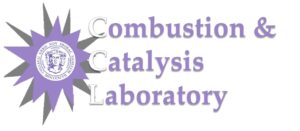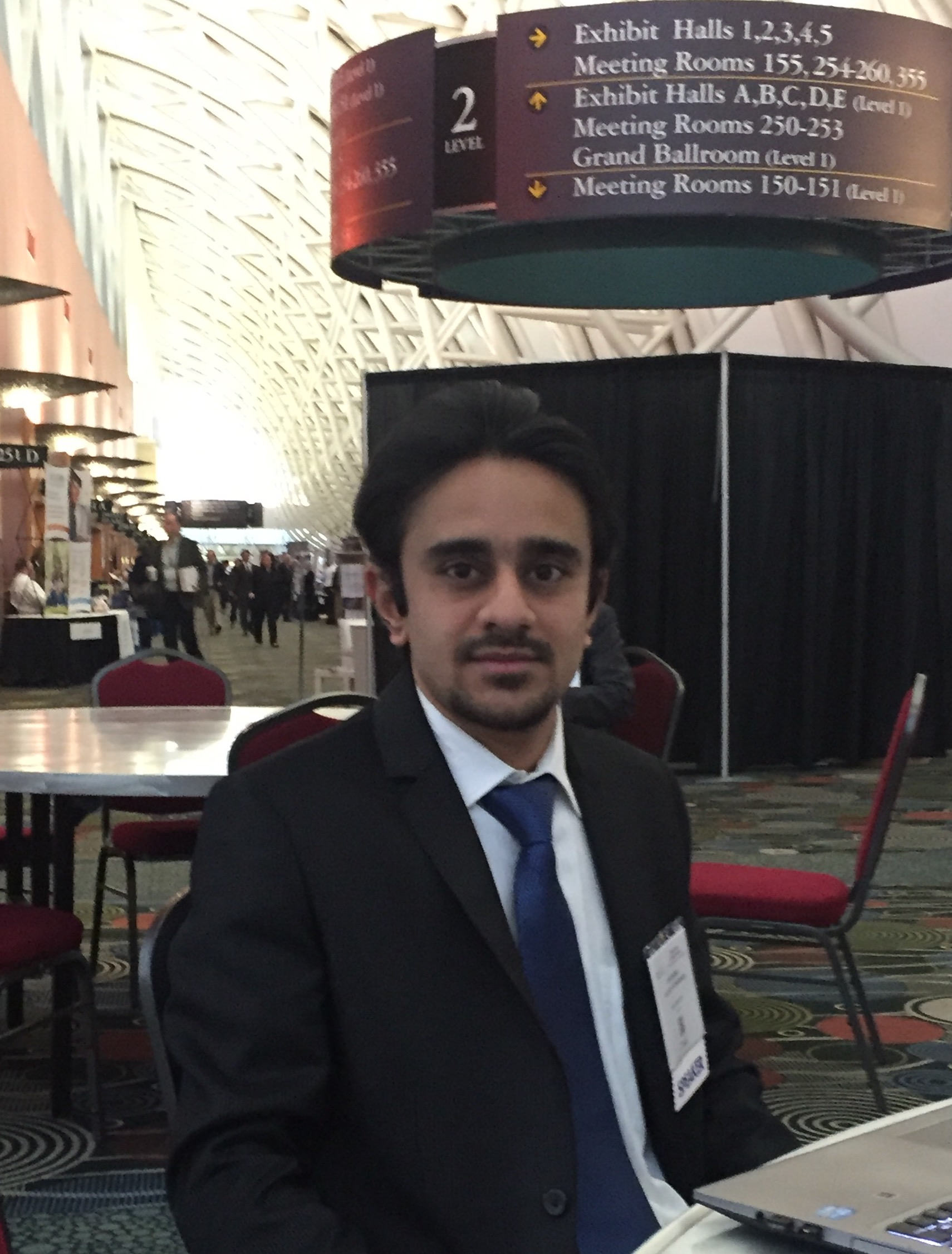-
- Education:
- Ph.D. in Chemical Engineering, The City College of New York (2012-2017)
- Description of research and activities
- Primary project – Methane Hydrates and Carbon Capture & Sequestration: Investigation of methane hydrates decomposition by thermal stimulation & CO2 injection. The objective of this work is to develop efficient methods for the extraction of methane gas from methane hydrates using thermal stimulation and to study the CO2 sequestration at the fundamental level by lab scale experiments. This work is complemented by numerical simulations in COMSOL using fluid flow, heat transfer in porous media and phase change modules. Work to date has investigated an effect of initial hydrate saturation, heating rates, and CO2 injection rates on methane recovery and CO2 sequestration capabilities
- Landfill Decomposition: In situ decomposition of synthetic landfill sample in a high-pressure stainless steel reactor and the study of gas evolution rates and composition of the gas exiting the system. The objective of this work is to understand the heat transfer characteristics (endothermic or exothermic) on a large scale landfill and gas composition by testing at laboratory scale. This work also includes Gas Chromatography, Mass Spectroscopy and Thermal Gravimetric analysis of the landfill sample and gas samples.
- Viscosity Measurements of Biological Waste: Measurement of viscosity of biological waste slurry to determine the rheological characteristics. The viscosity of different concentration slurries is measured at a constant temperature (varying shear rate) and at a constant shear rate (different temperatures). The objective is to find the optimum shear rate at which the slurry remains in the Newtonian regime and does not clog the instruments in a waste treatment plant.
- Supersonic Flow Modeling in COMSOL: Modeling of the supersonic flow in a CU Aerospace (CUA) converging-diverging nozzle, utilized in the propulsion of cube satellites by using COMSOL numerical simulations. This project is guided by Dr. Nick Tiliakos.
- Heat Transfer Modeling in the Landfill: Modeling of the heat transfer in the landfill by using COMSOL numerical simulations.
- Viscosity Reduction of Crude Oil using CO2/N2: Measurement of viscosity of crude oil sample in the presence of pure N2, pure CO2 and a mixture of CO2 with N2 at elevated conditions of temperature and pressure.
- Education:
- Peer-Reviewed Journal Publications
- Tupsakhare, S. S., & Castaldi, M. J. (2019). “Efficiency enhancements in methane recovery from natural gas hydrates using injection of CO2/N2 gas mixture simulating in-situ combustion“. Applied Energy, 236, 825-836.
- Tupsakhare, Swanand S., Samhita Kattekola and Marco J. Castaldi. “An Application of the Results from the Large-Scale Thermal Stimulation Method of Methane Hydrate Dissociation to the Field Tests.” Industrial & Engineering Chemistry Research (March 2017).
- Tupsakhare, Swanand S., Garrett C. Fitzgerald, and Marco J. Castaldi. “Thermally Assisted Dissociation of Methane Hydrates & the Impact of CO2 Injection.” Industrial & Engineering Chemistry Research (Sept. 2016).
- Castellani, Beatrice, Giacomo Rossetti, Swanand Tupsakhare, Federico Rossi, Andrea Nicolini, and Marco J. Castaldi. “SIMULATION OF CO 2 storage and METHANE GAS PRODUCTION FROM GAS HYDRATEs IN A LARGE SCALE LABORATORY REACTOR.” Journal of Petroleum Science and Engineering (Sept. 2016).
- Professional Presentations and Conferences
- S. Tupsakhare, M. Castaldi, “Thermal Decomposition of Methane Hydrates Combined with Carbon Dioxide Sequestration,” November 9, 2015, AICHE 2015, Salt Lake City, Utah
- S. Tupsakhare, M. Castaldi, “Fundamental Investigations into the Thermal Decomposition of Methane Hydrates and the Impact of CO2 Sequestration“, November 15, 2016, AICHE 2016, San Franciso, California.
- S. Tupsakhare, Ph.D. proposal presentation to the Ph.D. committee at the City College of New York, April 28th, 2015, New York City, USA
-
Attended the Advanced Energy Conference (AEC) 2016 held in New York City in April 2016. Advanced Energy 2016 focused on energy development in New York State. AEC brought together researchers, regulators, policy makers, energy providers and business leaders who are shaping the future of energy in New York, the U.S. and around the world.

